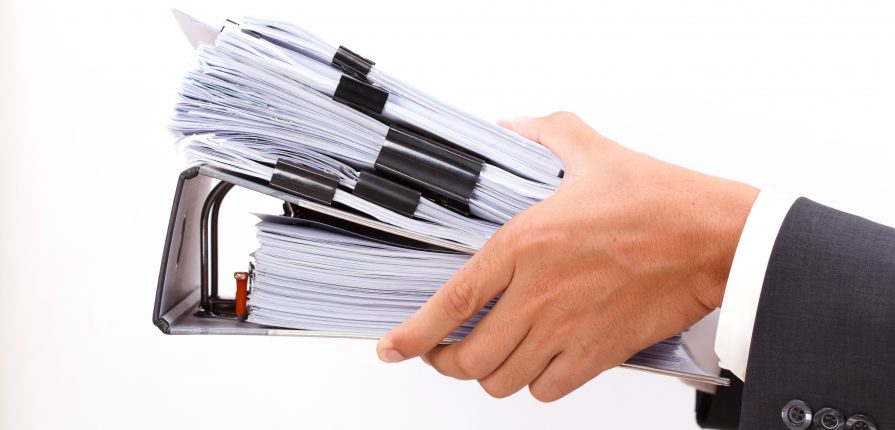One of the most common tax-related questions we hear from our clients is:
“How long should I keep my tax returns?”
Firstly, once your taxes have been submitted for the year, what should you do to manage the paperwork that remains?
While the majority of people can safely dispose of their personal tax documents (all of the paperwork you gathered for the preparation of your tax return) after three years, there are noteworthy exceptions to this rule. Additionally, there can be valid reasons to keep your paperwork for an extended period of time—though these are not related to taxes. See below for more details about which documents to keep and which to toss.
Hang on to Your Tax Returns, Though
The IRS wants you to keep every tax return forever, and we agree. Copies of your returns can be stored on a digital cloud service but be wary of storing them on a hard drive or other storage hardware yourself. If anything happens to these storage items, you’ll be left without recourse.
Tax-related Paperwork
What about your mileage logs, donation receipts, W-2 forms, 1099s, and any other paperwork you’ve used to support your tax returns?
You don’t need to keep these documents indefinitely.
The IRS has clear advice about how long you should keep paperwork, and the rules are as follows:
Keep records for 3 years if situations (4), (5), and (6) below do not apply to you.
Keep records for 3 years from the date you filed your original return or 2 years from the date you paid the tax, whichever is later if you file a claim for credit or refund after filing your return.
Keep records for 7 years if you file a claim for a loss from worthless securities or bad debt deduction.
Keep records indefinitely if you do not file a return.
Keep records indefinitely if you file a fraudulent return. Note that this won’t happen when you work with us!
Keep employment tax records for at least 4 years after the tax becomes due or is paid, whichever is later.
Small business owners and freelance workers should keep all business-related paperwork for at least 6 years.
To wit,depending on the circumstances, you will be best served by keeping your tax-related documents from 3 to 7 years. This means that, if you want to play it safe, you should consider keeping your paperwork for 7 years irrespective of your situation.
If you own real estate, we suggest that you keep digitized documentation on your property or properties forever. In addition to their relevance to your tax filings, you may need them for future loan applications or refinancing opportunities.
If you rent any of your properties, it’s vital that you keep accurate accounting and bookkeeping records at all times. Trying to get caught up in advance of tax season will create significant stress for you, while having your accounting in order will serve you in a variety of tenant-related situations throughout the year.
Did you find any of the above confusing? If you’re still not sure which documents to save and for how long, give us a call. Whether you’re already our client or wish to become one, we’re happy to advise you on all tax matters!


